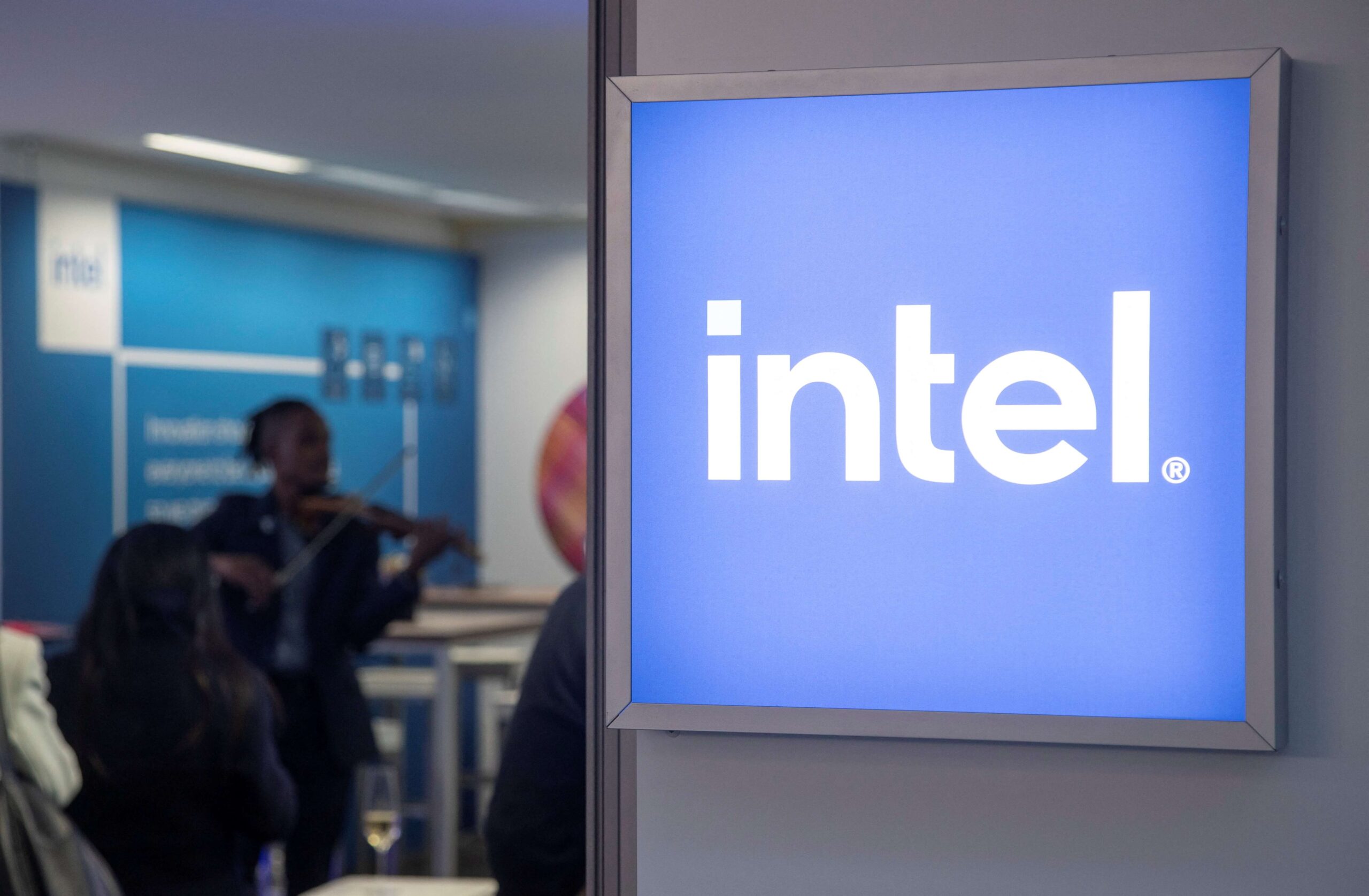On July 14, it was reported that the chief executives of Intel Corp and Qualcomm Inc are planning to visit Washington, D.C. in the following week to engage in discussions regarding China policy. The information comes from two anonymous sources familiar with the matter. The executives aim to hold meetings with U.S. officials to address various topics, including market conditions, export controls, and other factors impacting their businesses. However, the specific individuals the executives plan to meet with have not been disclosed at this time. When approached for comment, both Intel and Qualcomm declined, while officials at the White House did not respond immediately.
According to the sources, there is a possibility that other semiconductor CEOs may also be visiting Washington, D.C. during the same week. These sources chose to remain anonymous as they were not authorized to speak to the media.
The U.S. government has been contemplating stricter export rules that would affect high-performance computing chips as well as shipments to Huawei Technologies Co Ltd, as previously reported by Reuters in June. Such regulations would have consequences for Intel, which is currently developing a new artificial intelligence chip intended for shipment to China, and Qualcomm, which holds a license to sell chips to Huawei. In October of the previous year, the Biden administration issued comprehensive rules to halt China’s semiconductor industry’s progress while investing substantial funds in the U.S. chip industry.
These potential rule changes would particularly impact Nvidia, a prominent player in the AI chip market, whose market value reached $1 trillion earlier this year.
In recent years, the chip industry has received a warm reception in Washington as lawmakers and the White House have been working to shift more production to the United States and its allies, thereby reducing reliance on China. Pat Gelsinger, the CEO of Intel, and Cristiano Amon, the CEO of Qualcomm, have frequently engaged in meetings with government officials.
The upcoming meetings, as stated by one of the sources, may involve joint sessions between the executives and U.S. officials. Their primary objective would be to ensure that government representatives understand the potential impact of further tightening rules regarding chip sales to China.
Many U.S. chip companies currently generate more than one-fifth of their revenue from China. Industry executives argue that a reduction in these sales would diminish profits, hindering their ability to reinvest in research and development.
This information was reported by Andrea Shalal in Washington, Stephen Nellis in San Francisco, and Karen Freifeld in New York. The article was edited by Chris Sanders and Edmund Klamann.





